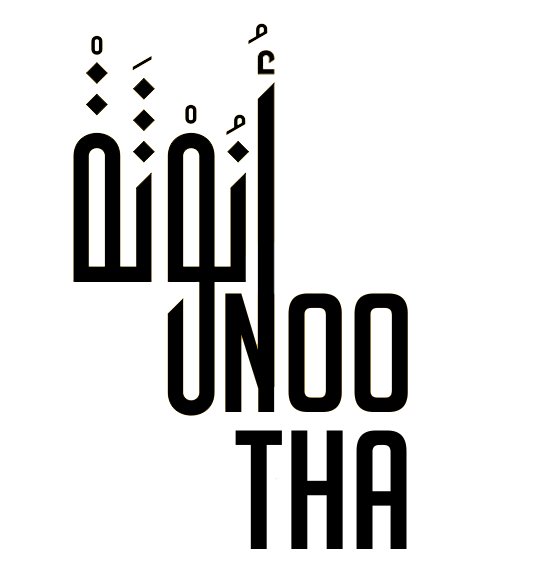Reassessing Our Relationships With Our Mothers
Khalil Gibran said in his poem On Children:
Your children are not your children.
They are the sons and daughters of Life’s longing for itself.
They come through you but not from you,
And though they are with you yet they belong not to you.
You may give them your love but not your thoughts,
For they have their own thoughts.
You may house their bodies but not their souls,
For their souls dwell in the house of tomorrow,
which you cannot visit, not even in your dreams.
You may strive to be like them,
but seek not to make them like you.
For life goes not backward nor tarries with yesterday.
We have to address the elephant in the room. I see so many parent-child relationships crumbling, and it goes to affect their relationships with their kids later, becoming an ongoing cycle of ignorance and toxicity. What is even more bothersome is social media’s portrayal of how a typical mother-daughter relationship looks like in the Arab region. I hear pre-teen girls asking why their relationships with their mothers don’t look like that, but more so like Kuwaiti drama. And it’s more unfortunate to see people willing to share their happy stories but avoiding conversations about their struggles revolving familyhood.
Most mother and daughter relationships are rocky, and you cannot blame one party for that. It is the culmination of both parties going head to head because they are resisting the need of accepting the other person. It may be the change in social construct within society, a generational identity, a phase, or so it seems. The typical conversations among girls are as follows: “My mom does not accept me for who I am,” or, “She does not want to understand,” and lastly, “I just can’t be myself around her, so I try to temporarily please her.”
Sadly, but truthfully, this relationship later on grows to become stressful as you age. Most pre-teens think they’d be able to get out of it after 18, but that’s not how it works. Firstly, there is a lack of confrontation: you are constantly avoiding your mother. Then, a lack of honest communication: you cannot open up to her about anything because she does not hear you out. Sometimes, it’s best to confront certain truths and argue about them in a direct vocal manner, and have that person just accept it. I’ve been there with my own mother where I had to be vocal about my opinions and perspectives on how I want to lead my life. Because, see, what I’ve noticed with most conservative mothers from traditional households is that they are inherently convinced that their daughters should mirror them, and anything outside of those borders is looked down upon as foreign. I don’t necessarily see this as a bad thing because personality differs, but the issue stands out more potently with girls who are more or less different than their respective mothers.
The following questions should be addressed towards ourselves first: what am I doing that my mother does not like? What are her expectations? What are my best traits? What are my worst traits? Do I have the capability to open up a communication channel with her? And lastly, do I have to resolve anything within myself that is reflecting in my relationships?
Aha…
What I have noticed over the years is that I have built a toxic relationship with myself, and I was not taking responsibility for what I was receiving from my relationships from others. Admit it. This is something you don’t really think about unless you reflect and assess yourself. See, you can’t fix something if you don’t take the initiative to do so, and, to be frank, most parents are ultimately too stubborn to want to change something, and here is where you start with yourself.
I ultimately realized that I had fallen into a cycle of self-victimization and social attachment. I had to get myself out of that. What made this unpredictably worse was being told to “lower my standards” over the years, not only by my mother but from other female authority figures in my life.
Dear girl, never lower your standards, but be realistic, too. I had to break myself and build it back up. I had to shed tears, then willow in the numbness, then wake up from that refreshed and open to hold that conversation. Those values and “standards” I had lost over the years I have regained and allowed others to respect. That’ll eventually be the reaction your parent will have.
The resolution from my own experience bettered a lot of relationships, especially that with my own mother. The sense of control and authority over my own life has grown to be unquestionable. The smaller family gatherings have become entertaining, where our discussions are heavily built on debating current social trends. Our perspectives are still clashing, but she has grown to be accepting of the clash in a positive manner.
I think a lot of that has to do with the resolution every girl has to go through with herself. You only give grounds for people to intervene when they feel that something is unstable. And that is much of a parent’s core psyche: intervention and control of instability.
Nouf AlJahdami is an Emirati creative based in Dubai. Her work expands from theoretical research to essays and art pieces of various mediums. Her prime exploration is within topics of identity, spirituality, culture and developmental politics from the Middle east and Africa for the Western world. You can find her on instagram here.
